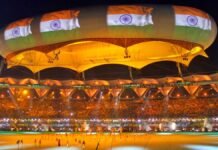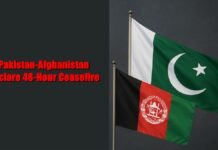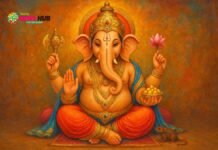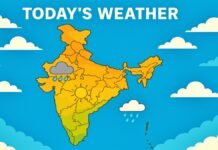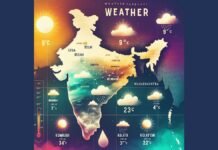
New Delhi: The national capital and other parts of North India are experiencing dense fog and cold wave conditions. The visibility has dropped to near zero in some areas, affecting the transport and daily activities of the people. Many people in Delhi were seen lighting bonfires to keep themselves warm in the chilly weather.
According to the India Meteorological Department (IMD), the minimum temperature in Delhi on January 21 was recorded at 9°C, while the maximum temperature was expected to be around 18°C. The IMD has forecast that the foggy conditions will continue for the next few days.
Trains and flights delayed or cancelled
The dense fog has also disrupted the rail and air services in and out of Delhi. As many as 11 trains from different parts of the country ran late due to the fog on January 21. Some of the trains that were delayed include the Rajdhani Express, the Shatabdi Express, and the Duronto Express.
The low visibility at the Indira Gandhi International Airport (IGI) in Delhi also affected the air traffic. Several flights were delayed or canceled due to the fog. The airport authorities advised the passengers to check their flight status before leaving for the airport.
Fog havoc in other states
The fog and cold wave have also gripped other states in North India, such as Uttar Pradesh, Bihar, Punjab, Haryana, and Rajasthan. The IMD has issued a yellow alert warning these states of severe cold and fog. The yellow alert means that the authorities should be prepared for possible disruptions and adverse impacts of the weather.
The fog has also forced the closure of schools in some states. The governments of Uttar Pradesh and Bihar have extended the winter vacations for the schools till January 23, given the fog and cold. The students have been advised to stay indoors and avoid exposure to the cold.

The fog has also reduced the air quality in some cities, such as Delhi, Lucknow, and Patna. The air quality index (AQI) in these cities was in the ‘very poor’ or ‘severe’ category, posing a health risk for the people, especially those with respiratory problems. The people have been advised to wear masks and avoid outdoor activities.




